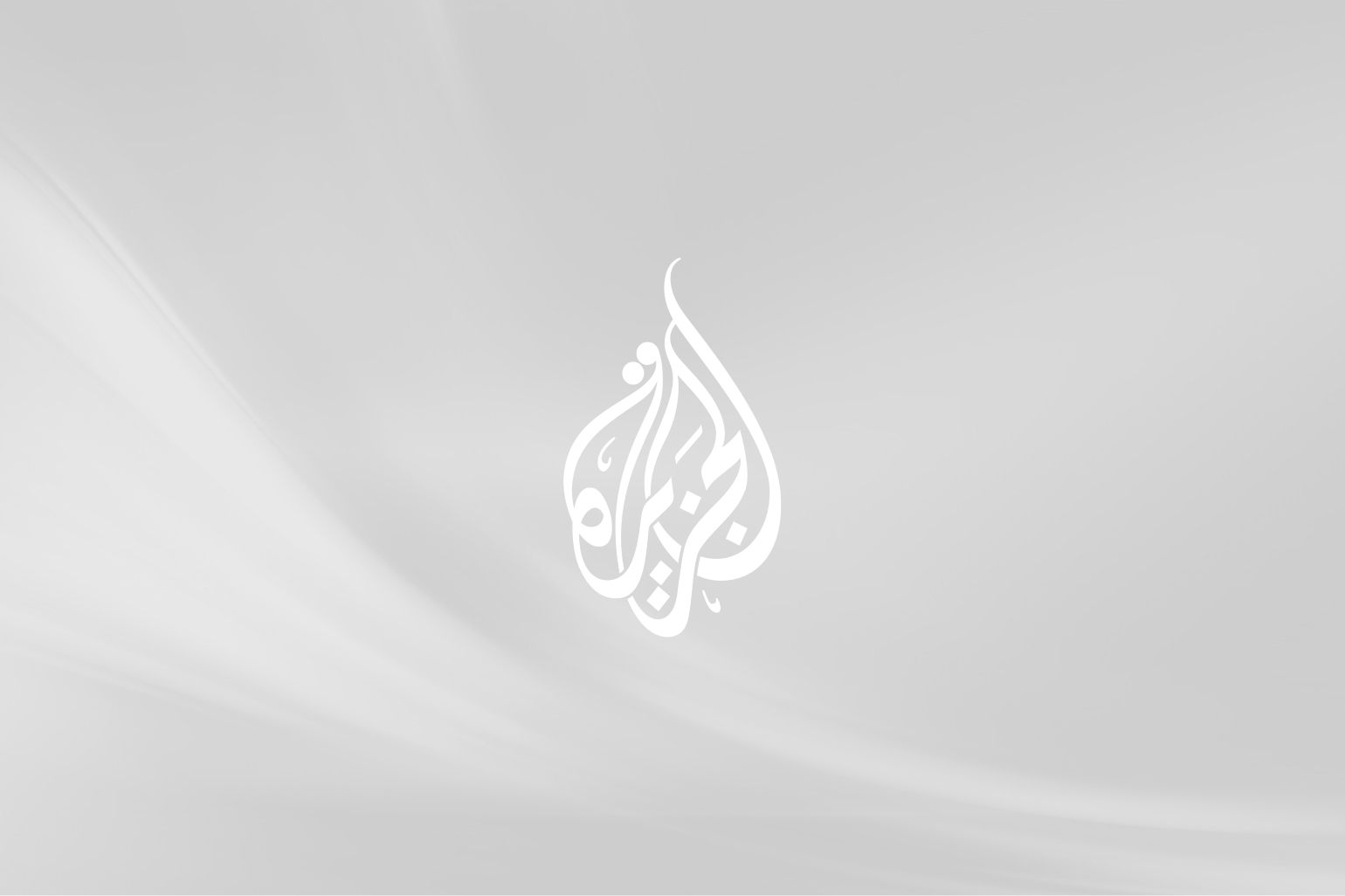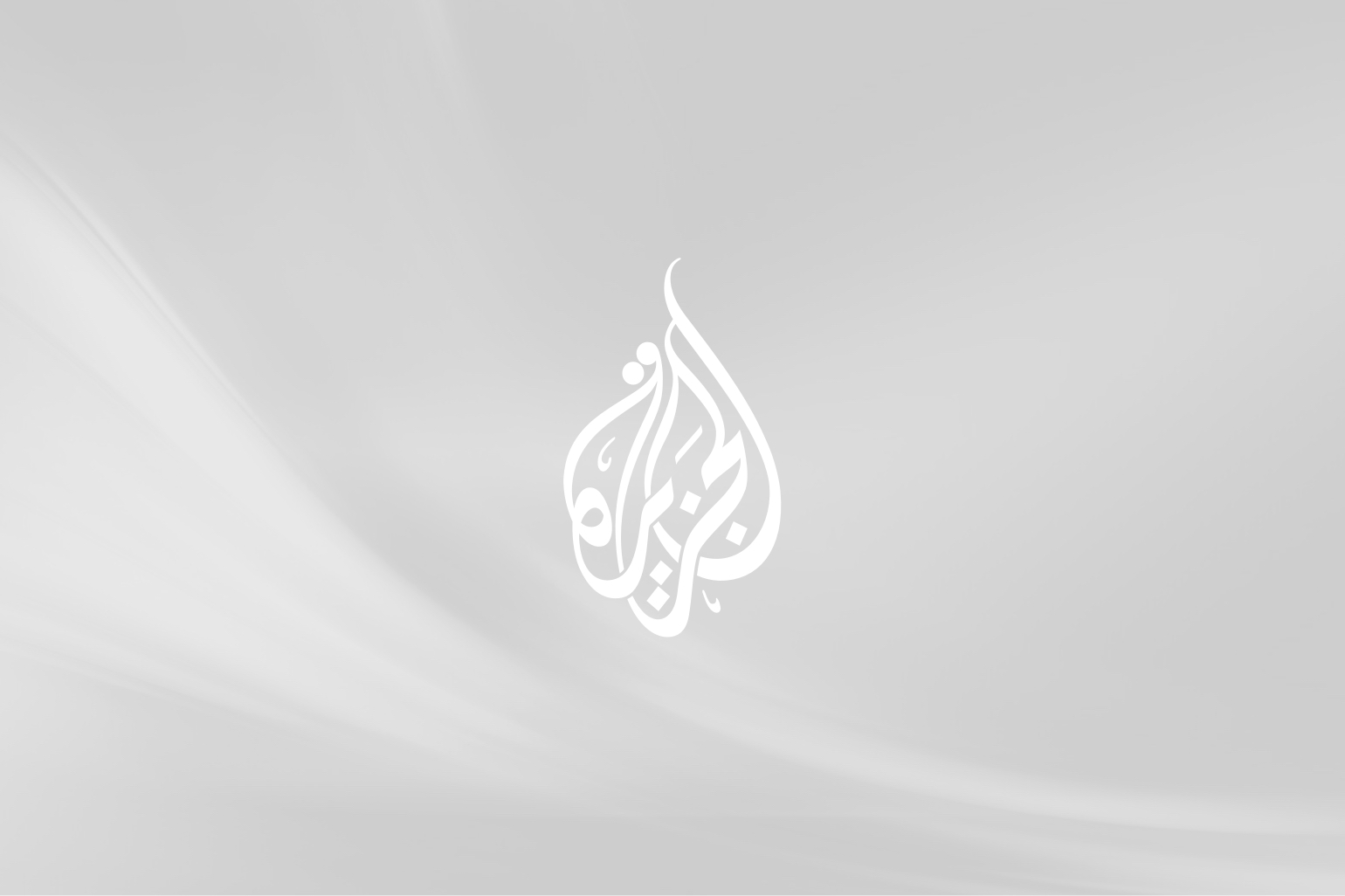Turkish PM addresses Kurdish question
A speech made by Turkey’s prime minister in the nation’s troubled southeast has raised hopes of a solution to an increasingly violent struggle between Kurdish rebels and the Turkish army.

Recip Tayyip Erdogan visited the regional capital of Turkey’s mainly Kurdish southeast, Diyarbakir, in a bid to address an issue few Turkish premiers have ever discussed publicly.
In a groundbreaking speech on 12 August, he told the crowd that the government would “resolve all problems with more democracy, more civil rights and more prosperity”.
He also made reference to the existence of a “Kurdish problem”, something which had long been denied by Ankara, along with admitting “past mistakes”.
Since the mid-1980s, the war in southeast Turkey has claimed over 30,000 lives and created many internally displaced people. It has also left the region’s economy one of the poorest in the country.
The prime minister’s speech was warmly welcomed by local politicians.
Diyarbakir Mayor Osman Baydemir of the pro-Kurdish People’s Democracy Party (DEHAP) said: “I hope his pledges will lead to the opening of a new page.”
At the same time, over 70 unions, chambers of commerce and professional associations in Diyarbakir issued a joint statement of support for the prime minister’s statement, as did a group of 50 ethnic Kurdish artists and intellectuals.
Simultaneously, a statement from the PKK released in Northern Iraq said: “We believe Erdogan’s statements are significant.”
Not so happy
Yet while many are seeing moves by Turkey’s leaders and ethnic Kurdish groups as signs of change, others remain highly cautious while the military takes part in the recently restarted guerrilla war.
After the Kurdish separatist group, the Kurdish Workers Party (PKK), ended its unilateral ceasefire last September, violent incidents between PKK fighters and Turkish troops escalated, with dozens killed and wounded in the last few months.
And the PM’s speech was not warmly received by Turkey’s main opposition grouping, the Republican People’s Party (CHP), and by many Turkish commentators.
 |
|
PKK has declared a temporary |
They see in the southeast a war that must be won against a terrorism that seeks to break up Turkey.
“He [Erdogan] gave the wrong impression to the people and the terrorists,” CHP Vice Chairman Onur Oymen told Aljazeera.net.
“This has nothing to do with democracy and human rights. Terrorism exists in many countries – such as Spain – which can hardly be accused of not having enough democracy.”
Yet the prime minister’s comments were followed by a rapid series of developments.
Recent developments
A few days later, DEHAP announced that it was merging with the other pro-Kurdish group, the Democratic Society Movement (DTH).
This merged group then called for the PKK to cease its armed activities. The following day, the PKK announced that it would observe a ceasefire for a month, until 20 September.
However, the violence has not stopped.
Since the announcement, the Turkish army – which has refused to join the ceasefire – has continued operations, killing six suspected fighters in the week after the PKK said it was suspending armed operations.
Turkish opinion is deeply divided on the issue, although most agree there can be no negotiation with the PKK, which most Turks see as a terrorist group.
“Our government cannot negotiate with terror,” says Oymen. “The PKK cannot make a conditional ceasefire – they must give up altogether … . The government must not appease them either.”
Striking a balance
Those against Erdogan’s move often think he has already gone too far, while those supporting him are calling for further steps.
“Amongst all Turkey’s prime ministers,” says leading economic and political analyst Cengiz Candar, “he became the first to pronounce the words ‘Kurdish question’ clearly – to name this for what it is.
“He created a very positive sentiment among the Kurds of Turkey and democratic public opinion.”
 |
|
The Turkish army has ignored the |
Candar believes that now the government must begin a dialogue with the civil society that exists among the nation’s Kurds.
“Erdogan must receive Kurdish political and intellectual figures,” he says, “and underline that strict military measures won’t be used … . He mustn’t allow the PKK to monopolise the Kurdish voice.”
This is a point taken up by Ekyen Mahcupyan, the director of the democratisation programme at top Turkish thinktank TESEV.
“Although the Kurds are not a state,” he says, “the PKK have created a psychological umbrella state, which has pushed any real discussion among Kurds underground.
“Very few Kurds actually support the PKK, even if they are sympathetic with what they have achieved. Now this stage has to come to an end and people have to move on.”
The “Kurdish question” has also been a “Turkish question”.
Unfounded fears
“This issue raises the whole problem of the relationship between the Turkish state and society,” Mahcupyan continues.
“There is a very authoritarian tradition in the bureaucracy and some parts of the military that gets its legitimacy from the ‘Kurdish threat’. They don’t want to give up their power.”
|
“There is a very authoritarian tradition in the bureaucracy and some parts of the military that gets its legitimacy from the ‘Kurdish threat’. They don’t want to give up their power.” Ekyen Mahcupyan, |
Meanwhile, many also see an international dimension to the issue.
“It is no coincidence that all this is happening near an oil-rich region,” says Oymen. “You have to look at the geostrategic dimension. Terror is being used against Turkey as a weapon by those countries interested in oil.
“The reason the PKK could start again is Iraq – they are based there and the local security forces do nothing. The US and UK aren’t interested and neither is [Iraqi President] Talabani.”
EU dimension
Others see the European Union dimension as also key.
“Erdogan’s speech created an advantage with the EU,” says Mahcupyan, referring to the forthcoming opening of membership talks, due to start on 3 October.
Yet, “the government is not so strong that it can force through democratic change without the EU … . If the EU accession process were to stop, then any progress in the Kurdish issue would also stop, immediately.”
Turkey may therefore be walking a tightrope as the days count down to the end of the ceasefire and what looks to be a troubled start to EU negotiations.
Meanwhile, on the ground in the southeast, many are wondering how much longer the violence will continue — a struggle most would much rather see over.